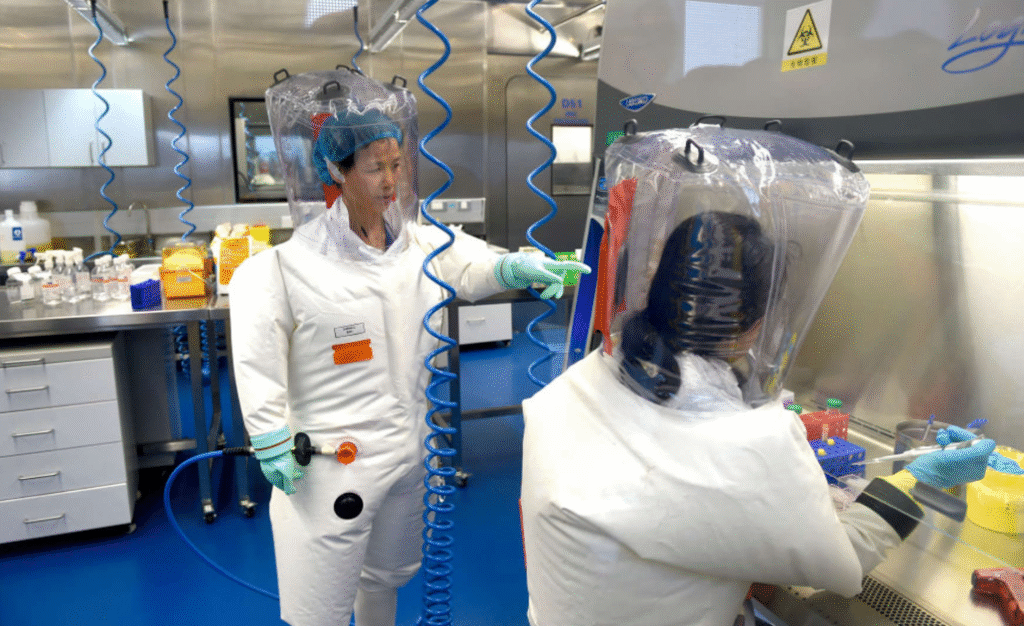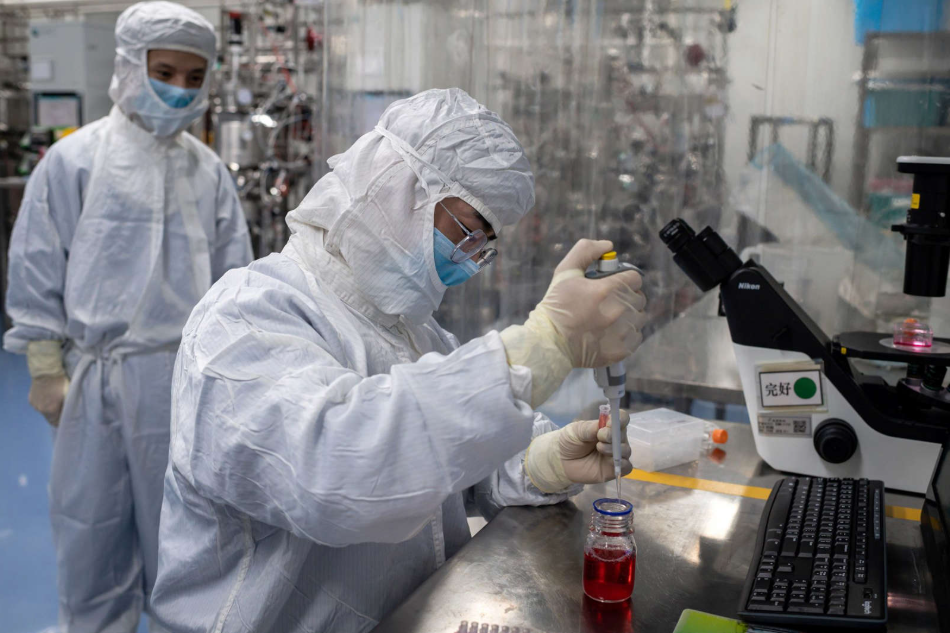The debate about the origin of COVID-19 has once again come under the spotlight as reports suggest that the CIA believes the coronavirus may have originated from a laboratory in Wuhan, China. While the agency has not made public its full findings, officials have pointed to intelligence that supports the possibility of a laboratory accident. This development revives a controversial debate that has divided scientists, politicians, and the international community since the pandemic began in late 2019.
Global concern about COVID-19 source and future prevention
For many governments and health experts, the exact source of the coronavirus matters beyond history. It is tied to global health security and prevention of future pandemics. If the virus came from a wildlife spillover, it highlights the urgent need to regulate wet markets and wildlife trade.

The CIA’s findings, though not conclusive, add pressure on international organizations like the World Health Organization to push harder for transparency. Calls for more independent investigations into Wuhan’s laboratories have grown, but access remains limited due to political sensitivities.
International reactions to CIA claims on COVID-19 origins
U.S. officials have responded to the CIA report with mixed views. Some argue that its findings validate concerns first raised during the Trump administration, while others maintain that additional evidence is necessary before reaching any final conclusions China has strongly rejected these claims, calling them politically motivated and harmful to international cooperation.
Many scientists also warn against rushing to conclusions. Some researchers acknowledge the possibility of a lab accident, while others emphasize that coronaviruses have historically jumped naturally from animals to humans citing SARS in 2003 and MERS in 2012 as clear examples.
Scientific debate on lab leak versus natural transmission
The scientific community remains divided on the coronavirus origin debate. Supporters of the natural spillover theory highlight studies that show early COVID-19 cases linked to Wuhan’s seafood market. Genetic analysis of the virus also shows similarities with coronaviruses found in bats.

On the other hand, proponents of the lab-leak theory argue that Wuhan is home to the Wuhan Institute of Virology, which was studying bat coronaviruses.
The truth may take years to uncover, and it is possible that it may never be fully proven. Still, the debate has opened discussions on how science, politics, and international trust must work together to prevent future outbreaks.
Lessons for global pandemic preparedness and health security
Regardless of the origin, the COVID-19 pandemic has shown the importance of global cooperation in pandemic preparedness. Researchers and policymakers have learned key lessons: they strengthened early warning systems, improved data sharing, and ensured transparency in medical research
The CIA’s investigation into the coronavirus origin is not only about looking back but about preparing for what lies ahead. Whether the pandemic started in a market or a laboratory, the world must draw lessons to avoid repeating the same mistakes.

